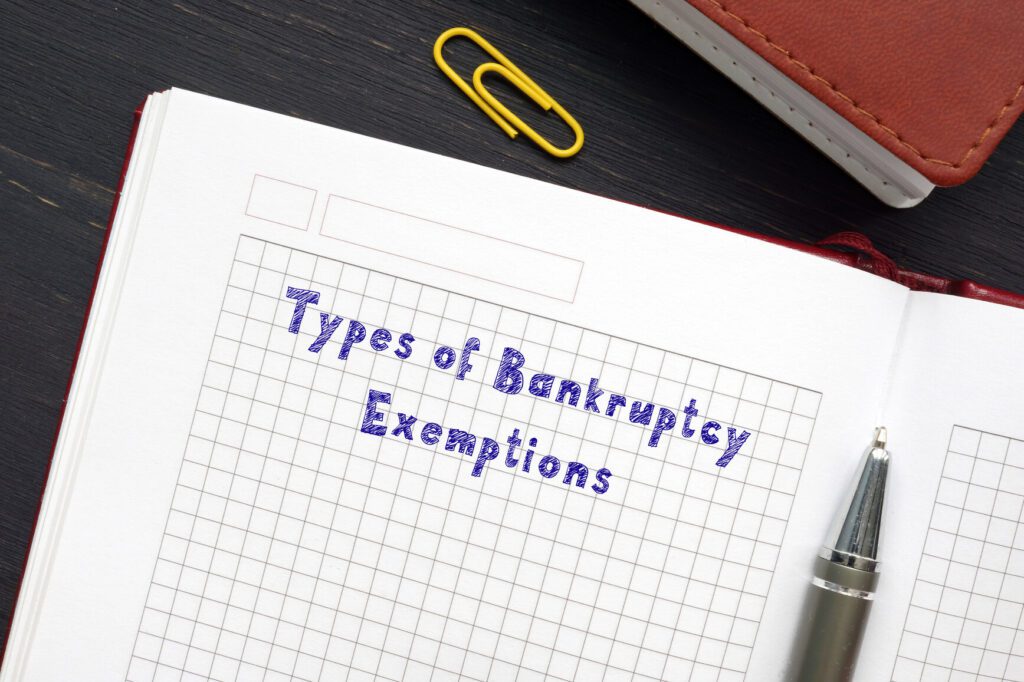Having a good credit score in Canada is important for keeping your finances stable. It will help you to access more credit, like a loan, mortgage, or credit card with a reasonable interest rate. In Canada, in line with the two primary credit bureaus – Equifax and TransUnion – credit scores range from 300 to 900. The higher your credit score, the better it is. If you find yourself with a bad credit score, you might be panicked, wondering how long you are stuck with it. It is, however, possible to rebuild your credit score with discipline and improved financial management. Our experienced Licensed Insolvency Trustees at Spergel have been helping Canadians gain control over their financial situations, and we are here to help you too. In this article, we share how to fix a bad credit score in Canada in a few simple steps.
Why did my credit score drop?
If you noticed a decline in your credit score, you are probably wondering why it happened. There are a number of reasons for this, including the following:
- You have applied for credit too often in the past year
- You are using over 75% of your credit limit
- You are overdue on debts which have been reported to the credit bureaus
- You have filed bankruptcy or a consumer proposal
- You have taken out a car loan or other types of loan
- A financial institution or credit bureau has run a credit check on your accounts
How to fix a bad credit score in Canada
There are a few steps you can take to fix a bad credit score in Canada:
Check your credit report
Firstly, you need to get hold of a copy of your credit report from Canada’s primary credit bureaus, Equifax and TransUnion. Legally, you can secure one free report from each once a year. Your first step should be to review the report for any errors or anomalies that may be having a negative impact on your credit score. If you discover any, you should speak to the credit bureau as soon as you can to have it corrected. You can request the following to be removed to help fix your credit score:
- Collections – if you can pay off the collections and request the creditors remove the notations from your credit report, this can help your credit score. This includes items like utility bills, phone bills, and parking tickets.
- Old negative information – negative information is due to be removed from your credit report in six to seven years, depending on your province of residence. This does not always happen automatically, so is worth checking on your credit report. If you have any late payments or bad debts older than this, you can ask to have them removed.
You may need to show evidence or receipts that prove any mistakes. Reviewing your credit report should help you to understand your score or financial situation. If you are still unclear, you should reach out to a Licensed Insolvency Trustee to understand what has gone wrong, and how you can go about reversing the effects.
Pay your bills on time
A key factor behind your credit score is your payment history. If you are paying your bills on time and in full each month, it suggests to banks and lenders that you are responsible financially, and are a reliable borrower. If you need help in remembering to make your payments, you should set up alerts or arrange automated payments to ensure you do not miss any payment deadlines. Creating good habits will help to restore your credit score.
Reduce your credit card balances
Reducing any balances owed as much as you can consistently will help to repair your credit score. Having high balances signals to lenders that you may be struggling financially or are overspending. A good aim is to have your credit card balances below 75% of your total credit limit. This is known as your credit card utilization rate. The debt snowball or debt avalanche methods are a good way for many Canadians to reduce their debts.
Avoid opening any new accounts
Every time you apply for new credit, an inquiry is logged on your credit report. It can lower your credit score for a period of time. In order to fix a bad credit score, you should therefore avoid opening new credit accounts, particularly multiple in a short space of time. Try to mend your current owed balances before turning to opening new accounts.
See if you can become an authorized user
If you have a loved one or friend with a good credit score, you may want to ask if they would consider adding you as an authorized user on their credit card. Often, their good credit history and limit can bring a positive impact on your own credit score. You should remember, however, that the primary cardholder needs to be responsible with their credit and any balances owing in order to avoid any negative effects of having a new authorized user on their cards.
Use a secured credit card
If you do not trust yourself to use an unsecured credit card, or have difficulty trying to secure one from a lender, a secured credit card is a great alternative. Secured credit cards require an upfront security deposit as collateral, making them a safer option for lenders. Secured credit cards will help you to rebuild your credit score over time provided you can make your repayments in full and on time.
Create a budget
Not having a budget can be a downfall for many Canadians. It can lead to overspending and credit problems. By creating a budget, you can understand clearly the savings and disposable income you have. It can stop you deferring to using credit cards, and can help you to build both savings and an emergency fund that is established at each paycheque you receive. Budgeting is key to financial stability and improving your credit score, although you do need to stick to it in order for it to work.
Catch up on any late payments
If you have overdue late payments, you should try your best to catch up. Late payments that are not dealt with will continue to appear on your credit report as overdue, which will make your credit score worse over time. If you are struggling to catch up, you can try calling your creditors to see if they can help you to get things back on track. Alternatively, a Licensed Insolvency Trustee can look at forms of debt relief like a consumer proposal to reduce your debt and help you to begin afresh.
Seek financial help
If you are up to your eyeballs in debt and do not know where to turn next, help is available. Licensed Insolvency Trustees in Canada are the only professionals legally able to file all forms of debt relief. This makes them well placed to review your financial circumstances and advise you on the best pathway to a fresh financial future. At Spergel, we have been helping Canadians gain debt relief for over thirty years.
If you are struggling with your debts and do not know what to do next, your best port of call is a Licensed Insolvency Trustee. Book a free consultation with Spergel today. Knowing how to fix a bad credit score in Canada will take time and requires commitment. By taking the measures above and working to clear your debts, your credit score will increase too. At Spergel, we are here to help.



















